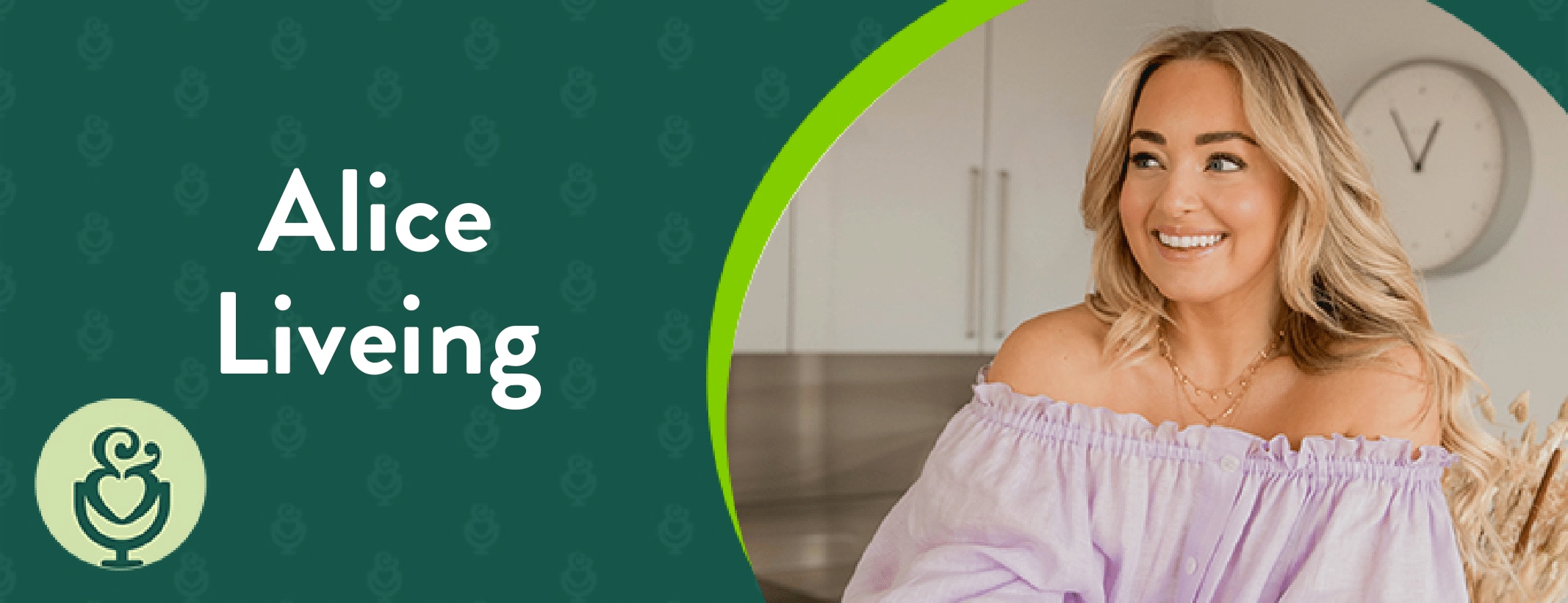One in six of us will experience depression at some point but thanks to a growing openness about mental health, it’s now a lot easier to ask for help
Written by Helen Foster on March 19, 2019
Reviewed by Dr Nihara Krause on March 27, 2019
Once upon a time, depression was one of those issues that people didn’t talk about but around 17% of people will experience it at some point in their lives.
1 Today, mental health has moved into the mainstream thanks to high-profile campaigns and more celebrities talking about their experiences.
So, it’s OK to start talking about how you feel, to ask for help, or admit that you don’t know where to start if you’ve got depression. Take your first steps with our guide.
What is depression?
Depression is much more than feeling sad. We all have down days, but depression is more like weeks or months of feeling unhappy and hopeless. A
low mood is one symptom of depression but whereas a low mood will pass in a few days, depression can last for months if left untreated.
Other symptoms of depression include:
2
- loss of interest in things you used to enjoy
- feeling tearful
- constant anxiety or worry
- getting no pleasure out of life
- withdrawing from your friends or family
- feeling suicidal or as if life is pointless
You may also notice that you’ve lost your appetite and your libido, excessive sleepiness or unexplained aches and pains.
3 Depression exists on a scale, ranging from mild to severe, so you may not experience all the symptoms above or experience them all to the same degree.
What causes depression?
The billion-dollar question, but scientists still don’t completely understand what causes depression. The established belief is that it’s due to a chemical imbalance in the brain, in particular low levels of the neurotransmitter serotonin. But it’s now thought that other brain chemicals or processes, combined with a complex range of other factors, are also involved.
4
These additional risk factors can include:
5
- stress
- hormonal changes such as pregnancy or post-natal
- some medications
- physical or health issues
- trauma, such as an accident
- major life events, like bereavement
- your genetic vulnerability
Who gets depression?
It can affect anyone but even if two people have exactly the same set of risk factors, it doesn’t mean they will both develop depression. Experts do know that it tends to occur for the first time in your teens or early 20s,
6 and that women are more likely to experience it than men.
7
How is depression treated?
If you think you’re depressed, see your GP as soon as possible. They can recommend the most suitable treatment for you, such as antidepressants, talking therapies including cognitive behavioural therapy (CBT) and interpersonal therapy (IPT), or changing your lifestyle.
8
Your doctor might suggest ‘watchful waiting’ in the first instance.
9 This is when they monitor your mood for a certain period of time to help identify any patterns or triggers, plus encouraging you to make lifestyle changes.
These could be:
Improving your diet – a growing amount of research shows that eating a diet full of processed foods, refined sugars and stimulants like caffeine is linked to an increased risk of depression; one 2009 trial by University College London found the risk of depression increased by 58% in middle-aged people eating a poor diet.
10
However, eating a Mediterranean-style diet, full of oily fish, fresh fruit and vegetables, pulses, nuts and seeds can help lower the risk of depression.
11 It’s known that these foods have anti-inflammatory properties, and that depression is linked to inflammation,
12 so including more of them in your diet may help tackle mild to moderate depression.
Getting some herbal help –
St John’s wort could be your secret weapon. The herb is believed to raise serotonin levels in the brain, and a major review of studies in 2016 concluded that St John’s wort could relieve symptoms of mild to moderate depression better than a placebo.
13 However, St John’s wort has not been found to be effective for severe depression and can interact with some medications.
Turmeric could be another option. Depression is associated with inflammation, and curcumin – the active ingredient in turmeric – is a powerful anti-inflammatory. In a 2014 trial by Australia’s Murdoch University, 50 people taking 500mg of curcumin twice a day reported reduced symptoms of depression within four to eight weeks.
14
Being more active – the renowned Cochrane group reviewed all high-quality studies relating to exercise and depression in 2013, and concluded that exercise can help reduce symptoms of depression.
15 Some types of exercise work better than others; anything done in groups, with a teacher, or where you have to concentrate, seem particularly effective.
16 You could try dancing or indoor rock climbing, both of which have shown anti-depressant effects in small clinical trials.
17,18
Transcranial magnetic stimulation – this relatively new treatment is creating a buzz, both literally and figuratively. Transcranial magnetic stimulation (TMS) uses a gentle electrical current to stimulate the part of the brain that controls mood.
In a study presented at the 2014 American Psychiatric Association Annual Meeting, 306 patients with depression received six weeks of daily TMS sessions. After one year, 53% reported low or no depression compared with 38% taking antidepressants.
19 However, TMS only tends to be recommended for those with severe depression when other therapies have failed, and is not yet widely available in the UK.
Don’t leave it too long to ask for help for depression – the sooner you start making a difference, the bigger the change can be. It’s important to remember that there are many different and effective treatments available, including all those mentioned above, so you
can find one to help you.
Advice is for information only and should not replace medical care. Please check with your GP before trying any remedies.
Sources
1. McManus S, et al. Mental health and wellbeing in England: Adult psychiatric morbidity survey, 2014
2. NHS. Clinical depression – symptoms
3. As above
4. Harvard Health Publishing. What causes depression?
5. As above
6. Tom Seymour. Medical News Today. What to know about avoiding depression
7. As Source 1
8. NHS. Clinical depression – overview
9. As above
10. Akbaraly TN. Dietary pattern and depressive symptoms in middle age
11. Catharine Paddock. Medical News Today. Mediterranean diet tied to lower risk of depression
12. Amodeo G, Trusso MA, Fagiolini A. Depression and Inflammation: Disentangling a Clear Yet Complex and Multi-faceted Link
13. Apaydin EA, et al. A systematic review of St John’s wort for major depressive disorder
14. Lopestri AL, et al. Curcumin for the treatment of major depression: A randomised, double-blond, placebo-controlled study
15. Cooney GM, et al. Exercise for depression
16. [See Background] Luttenberger K, et al. Indoor rock climbing (bouldering) as a new treatment for depression: study design of a waitlist-controlled randomized group pilot study and the first results
17. Akandere M, Demir B. The effect of dance over depression
18. As Source 16 [main study]
19. Alexandra Sifferlin. Time Magazine. Doctors Treat Depression With Brain Magnets 



